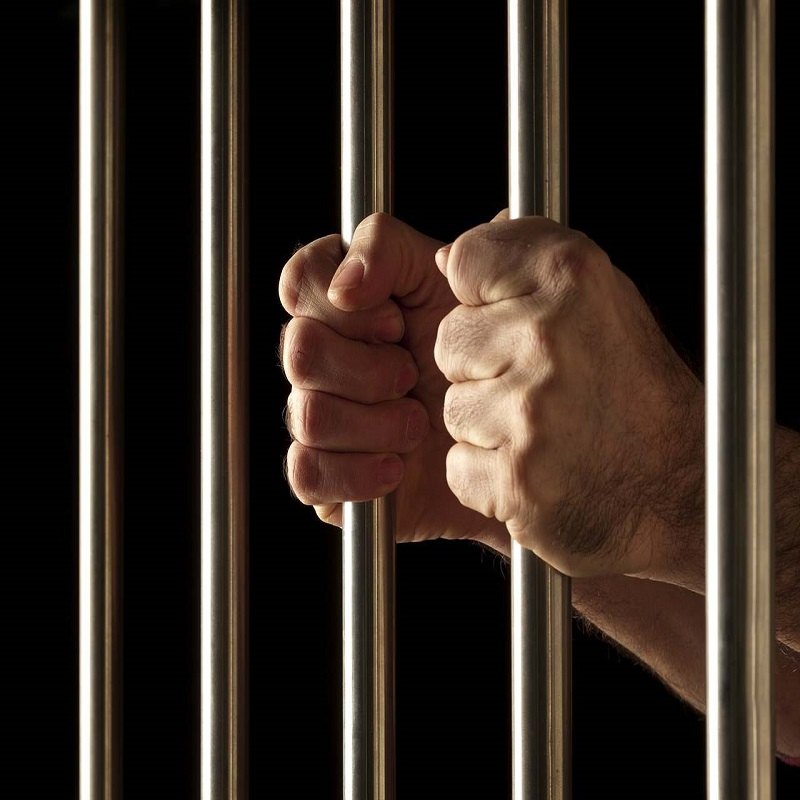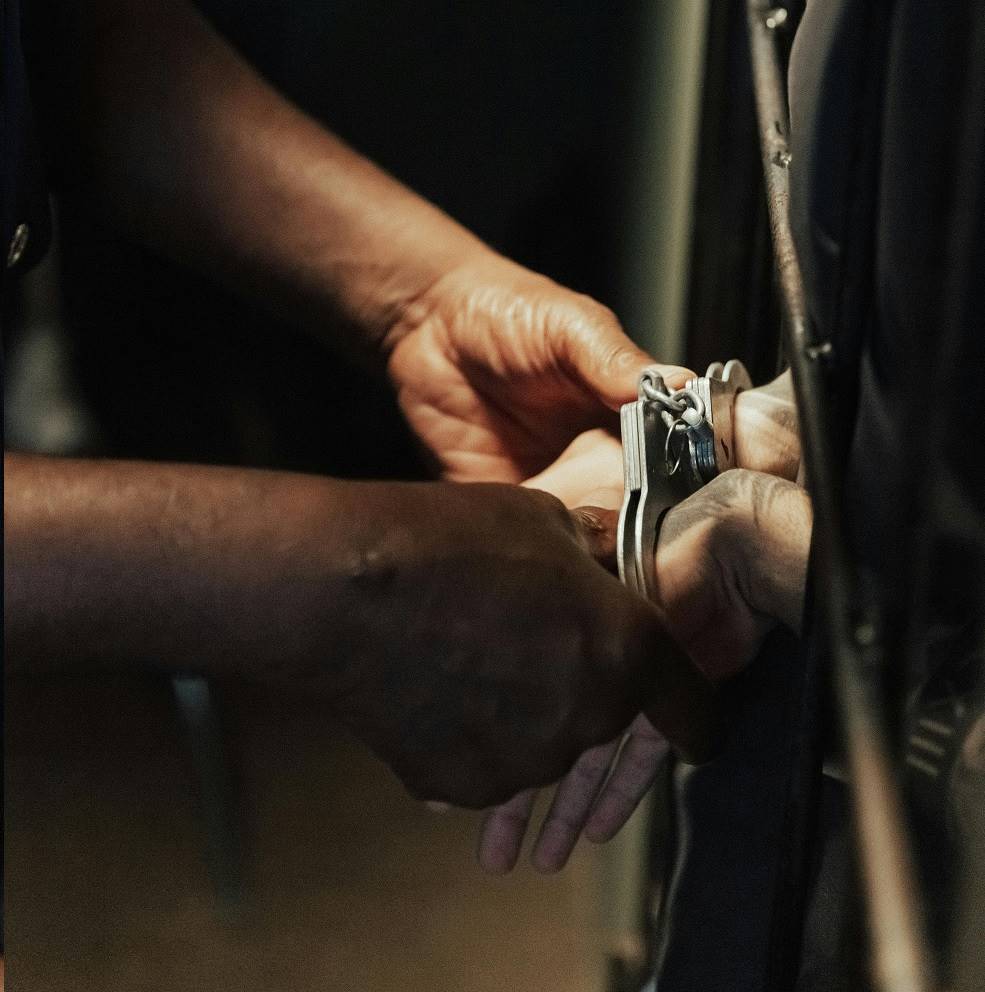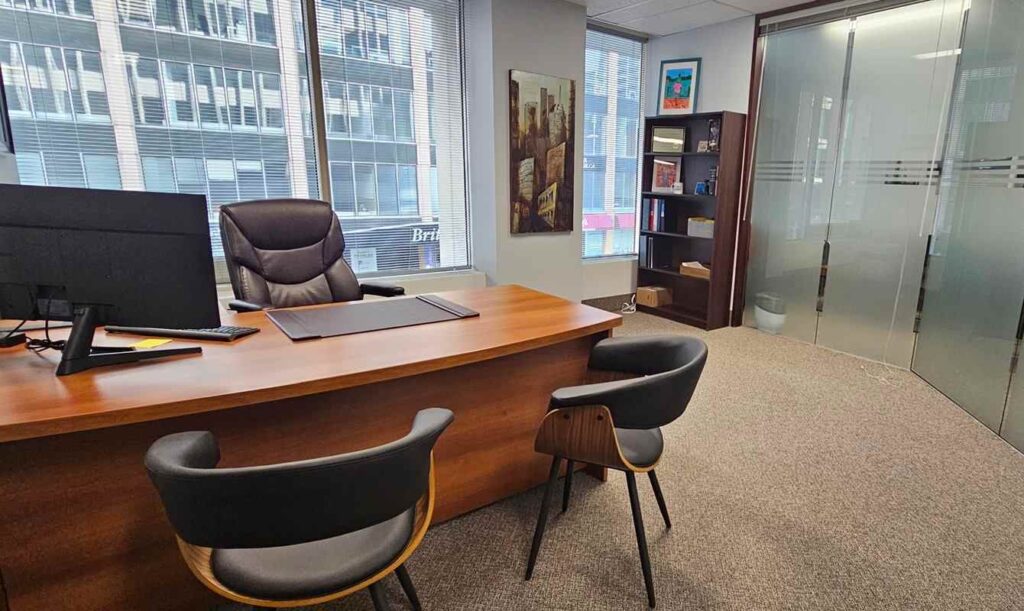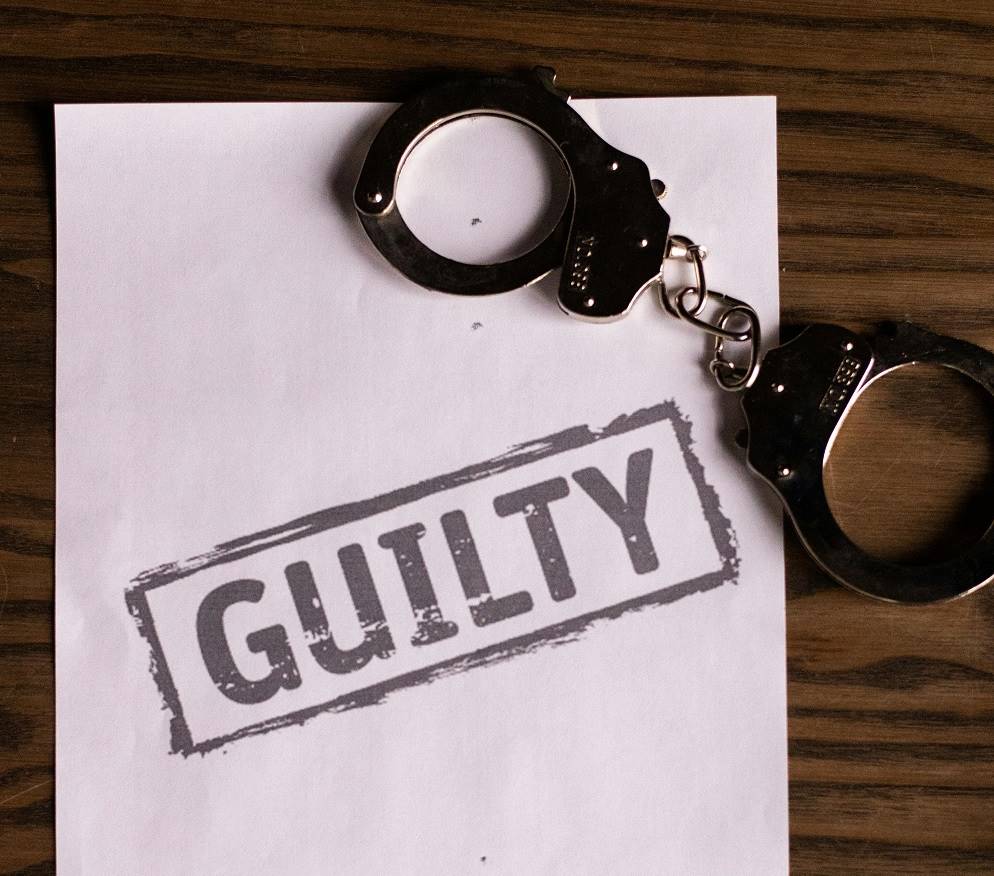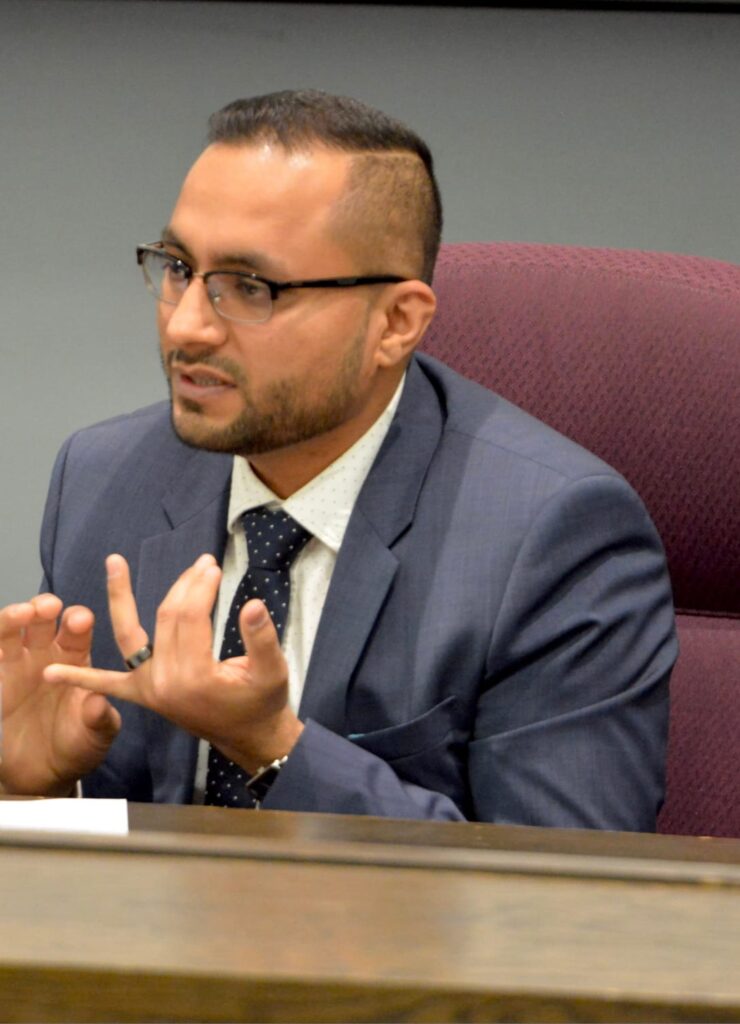Understanding Your Charter Rights during a Calgary Arrest
During any arrest in Calgary, individuals are protected by the Canadian Charter of Rights and Freedoms, which sets strict limits on how the Calgary Police Service (CPS) may stop, detain, question, or search you. These rights apply whether you are pulled over on Deerfoot Trail, stopped during a downtown patrol, or arrested at your home in a Calgary community like Mahogany or Kensington. If CPS officers violate these protections, it can dramatically affect your case – often resulting in excluded evidence or reduced charges.
Key Points Covered Under the Charter
Key Charter rights relevant to Calgary arrests (ss. 7, 8, 9, 10(a), 10(b))
These include your right to life, liberty, and security (s.7), your protection against unreasonable searches and seizures (s.8), freedom from arbitrary detention (s.9), the right to be promptly informed of the reasons for your arrest (s.10(a)), and the right to obtain legal counsel without delay (s.10(b)).
How these rights apply during traffic stops, street checks, and home arrests
Traffic stops in Calgary – whether for impaired driving, distracted driving, or suspected drug possession – must be based on lawful grounds. Street checks in areas like Stephen Avenue or Eau Claire cannot turn into unlawful detentions. Home arrests require proper warrants unless urgent circumstances exist, and CPS must follow strict procedures before entering private property.
Why Calgary courts treat Charter breaches seriously
Calgary judges consider whether police actions violated your privacy, dignity, or freedom. If CPS officers act improperly – such as questioning you before informing you of your right to counsel, searching your vehicle without legal grounds, or detaining you without reasonable suspicion – the court may rule that your rights were breached.
Potential impact of a breach on the admissibility of evidence
If the court finds a Charter violation, any evidence obtained illegally may be excluded. This could include:
- Breathalyzer readings in Calgary DUI cases
- Drugs found during an unlawful search
- Statements made without proper legal caution
- Cell phone or vehicle data seized without authority
Common Rights Violations by Calgary Police Service (CPS)
Unlawful or arbitrary detention (s. 9) during traffic stops
Section 9 protects you from being detained without lawful justification. In Calgary, this often occurs during routine stops where officers prolong the interaction without reasonable suspicion, or escalate a simple traffic infraction into an investigative detention without proper grounds.
Failure to immediately inform you of the reason for arrest (s. 10(a))
CPS must clearly and promptly explain why you are being arrested. Delays or vague statements – especially common during high-pressure arrests at bar exits or during drug raids – can amount to a breach of s.10(a).
Delaying your access to a lawyer (s. 10(b))
Your right to speak to a lawyer “without delay” is one of the most frequently violated rights in Calgary. If officers continue to question you, transport you without offering a phone, or fail to facilitate your call to duty counsel, they may violate s.10 (b).
Unreasonable searches of your vehicle, home, or person (s. 8)
Calgary officers require lawful authority to search you or your property. Common breaches include searching a vehicle without reasonable grounds during a DUI stop, entering a home without a warrant, or conducting pat-down searches that exceed safety purposes.
Coercive questioning without advising of the right to silence
Even after providing the right-to-counsel caution, CPS cannot pressure or intimidate you into speaking. Coercive or persistent questioning – especially before informing you of your right to remain silent – may result in excluded statements.
Signs Your Rights Were Violated During a Calgary Arrest
Officers refusing to let you call a lawyer immediately
If CPS officers ignored your request to call a lawyer, delayed providing access, or continued questioning you before you had legal advice, this may amount to a violation of your s.10 (b) right to counsel.
Excessive use of force or unnecessary restraint
Unjustified physical force – often reported during bar-district arrests in the Beltline or downtown entertainment areas – may indicate a breach of your rights and can undermine the legality of the arrest.
Prolonged roadside or station detentions without explanation
Calgary Police must justify the length and purpose of any detention. If you were held at a roadside stop on Deerfoot Trail or detained at the district office without clear reasons, this could constitute an arbitrary detention under s.9.
Searches conducted without warrants or lawful grounds
Searching your vehicle, backpack, phone, or home without proper authority is a common Charter issue. Defence lawyers scrutinize whether CPS had lawful grounds or resorted to improper assumptions – especially in drug or weapons investigations.
Evidence collected under physical or psychological pressure
Statements, confessions, or evidence obtained through intimidation, threats, or force may be excluded. Calgary courts take a strict stance against coercive tactics, particularly in cases involving youth, vulnerable individuals, or custodial interrogations.
What to Do Immediately After a Rights Violation in Calgary
Write down everything you remember, including officer badge numbers
Memory fades quickly. Record details such as badge numbers, patrol car numbers, statements made by CPS officers, the time and location of the stop, and anything unusual about how you were questioned or detained. These notes often become valuable evidence during a Charter challenge.
Contact a Calgary criminal defence lawyer as early as possible
An experienced Calgary defence lawyer can assess whether a Charter breach occurred and guide you on how to respond. Early legal intervention helps prevent self-incrimination and ensures your rights are fully protected throughout the process.
Avoid discussing the incident with police without legal advice
CPS officers may attempt to ask follow-up questions or encourage you to “clear things up.” Do not answer. Exercising your right to silence prevents the Crown from using your statements against you later in court.
Preserve text messages, CCTV footage, or witness contact information
Evidence disappears fast in Calgary – especially CCTV footage from businesses, bars, or residential cameras. Save any digital messages related to the incident, and collect the names and contact details of witnesses who observed the arrest or detention.
Request disclosure from CPS and Calgary Crown Prosecutors
Your lawyer can obtain police notes, body-worn camera footage, radio communications, and investigative reports. Disclosure often reveals inconsistencies or procedural errors that support a Charter challenge.
How a Calgary Criminal Defence Lawyer Proves a Rights Violation
Reviewing CPS body-worn camera and ICDV footage
Most Calgary Police Service officers now wear body-worn cameras, and patrol vehicles are equipped with In-Car Digital Video (ICDV) systems. Your lawyer reviews this footage to determine whether officers informed you of your rights, conducted a lawful search, or used excessive force.
Examining officer notes and dispatch communications
Police notebooks, CAD logs, and radio transmissions often reveal the true timeline of an arrest. Gaps, contradictions, or after-the-fact justifications can be key indicators that CPS officers acted outside their lawful authority.
Interviewing witnesses who observed the arrest
Bystanders outside Calgary bars, businesses, residential homes, or along major roadways may have valuable perspectives. Defence lawyers collect statements to corroborate your version of events and highlight misconduct or unnecessary aggression.
Identifying breaches of CPS policies or Alberta policing standards
Calgary Police must follow the CPS Policy Manual and Alberta’s Provincial Policing Standards. If officers ignored mandatory steps – such as advising of the right to counsel or obtaining proper grounds for a search – your lawyer can use these failures to support a Charter claim.
Comparing arrest details with Alberta and Supreme Court rulings
Defence lawyers apply leading cases such as R. v. Grant, R. v. Mann, and R. v. Stairs, along with Alberta-specific decisions, to show how your treatment diverged from established constitutional principles. Courts rely heavily on precedent, so this legal analysis is crucial.
Charter Challenges in Calgary Courts
Filing a Charter Notice with the Calgary Crown Prosecutor
Your lawyer first files a formal Charter Notice informing the Calgary Crown of the alleged breaches (e.g., unlawful detention, denial of counsel, unreasonable search). This ensures the Crown can prepare a response and that the issue is properly scheduled before the court.
Presenting the case during a voir dire (evidentiary hearing)
A Charter challenge is heard in a voir dire, a separate hearing where the judge reviews body-worn video, police notes, testimony, and legal arguments. The judge decides whether CPS acted within legal boundaries and whether the evidence was obtained constitutionally.
Applying the R v. Grant test to determine whether evidence should be excluded
Calgary judges use the three-step Grant framework to assess:
- The seriousness of the Charter breach
- The impact of the breach on the accused’s rights
- Society’s interest in having the case decided on the merits
Remedies available: exclusion of evidence, reduced charges, or stay of proceedings
If the Charter violation is proven, the court may exclude breathalyzer results, drugs, statements, or any other evidence obtained improperly. In serious breaches, the Crown may be left with no case, resulting in reduced charges or even a stay of proceedings.
How Calgary judges evaluate police conduct and its seriousness
Judges in the Calgary Court of Justice and Court of King’s Bench scrutinize whether CPS acted in good faith, whether the breach was deliberate, and how deeply it affected your liberty, privacy, or dignity. Patterns of misconduct or disregard for proper procedure weigh heavily in favour of the defence.
How Rights Violations Affect Criminal Charges in Calgary
Breathalyzer results excluded in Calgary DUI cases
If CPS officers violate your right to counsel, conduct an unlawful roadside detention, or mishandle breath demand procedures, the court may exclude breathalyzer readings. Without these results, many Calgary impaired driving charges cannot continue.
Drugs or weapons excluded due to unlawful searches
Unreasonable vehicle searches, purse or backpack searches, pat-downs exceeding safety purposes, or warrantless home entries often lead to excluded evidence. Once drugs or weapons are removed from the case, the Crown’s ability to prosecute is severely reduced.
Assault charges dismissed due to improper detention
If a person was detained arbitrarily – for example, during bar-district patrols or domestic call responses – the resulting statements or evidence may be thrown out. In many Calgary matters, this leads to withdrawn or dismissed assault charges.
Reduced penalties or probation alternatives
Even if charges are not fully dismissed, a proven Charter breach may persuade the Crown to accept a lighter resolution. This could include peace bonds, probation-based outcomes, or reduced sentencing ranges in recognition of police misconduct.
Increased leverage during plea negotiations
A strong Charter argument gives your lawyer powerful leverage. Calgary Crown Prosecutors often prefer a negotiated resolution rather than litigating a weak or constitutionally tainted case.
